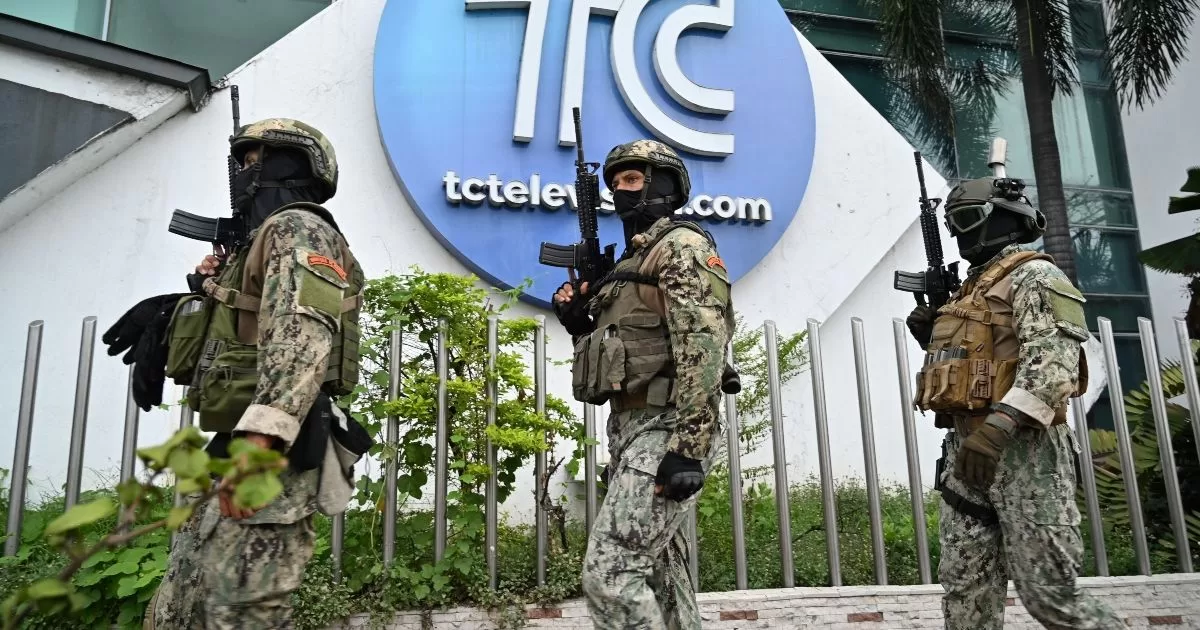By Kantaro Komiya and Joey Roulette
April 26 (Reuters) – Japan’s ispace inc says its attempt to make the first private moon landing has failed after it lost contact with its Hakuto-R Mission 1 (M1) lander when it accelerated unexpectedly and likely crashed on the lunar surface. .
According to the company, it is possible that, when approaching the Moon, the altitude measurement system miscalculated the distance to the surface.
“It appears to have freefalled towards the surface as it was running out of fuel to ignite its thrusters,” chief technology officer Ryo Ujiie told a news conference on Wednesday.
It was the second setback for commercial space development in a week, after SpaceX’s Starship rocket exploded spectacularly minutes after lifting off from its launch pad.
No private company has managed to land on the Moon. Only the United States, the former Soviet Union and China have made controlled landings on the Moon. In recent years, India and a private Israeli company have also failed in their attempts.
Ispace, which sends payloads to the Moon, like rovers, and sells the data for it, had just listed on the Tokyo Stock Exchange two weeks ago and since then its shares have risen sevenfold on enthusiasm about its prospects.
But the disappointment sparked a flood of sell orders on Wednesday. After sitting without trading all day, the stock ended 20% lower at a forced closing price decided by the exchange that reflects the balance of buy and sell orders.
Japan’s top government spokesman, Hirokazu Matsuno, said that while it was sad that the mission was unsuccessful, the country wants ispace to “keep trying” as its efforts are important to the development of a national space industry.
Japan, which has set a goal of sending Japanese astronauts to the Moon by the late 2020s, has had some recent setbacks.
Last month, the national space agency had to destroy its new H3 medium-lift rocket on arrival in space after the second-stage engine failed to fire. Its Epsilon solid-fuel rocket also failed after launch in October.
(Reporting by Kantaro Komiya and Joey Roulette; Additional reporting by Rocky Swift; Spanish editing by Benjamín Mejías Valencia)


